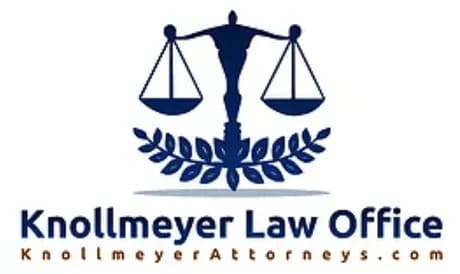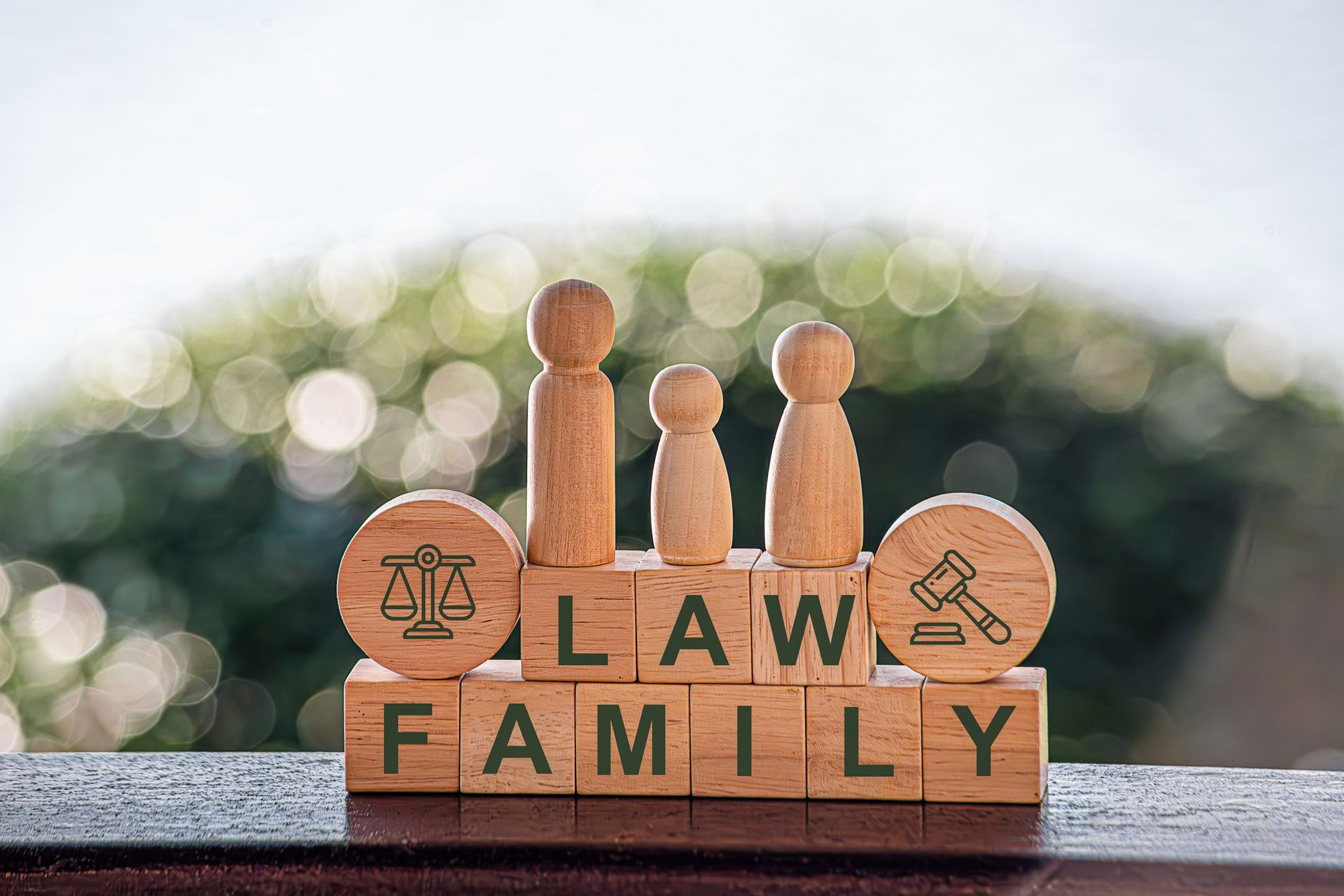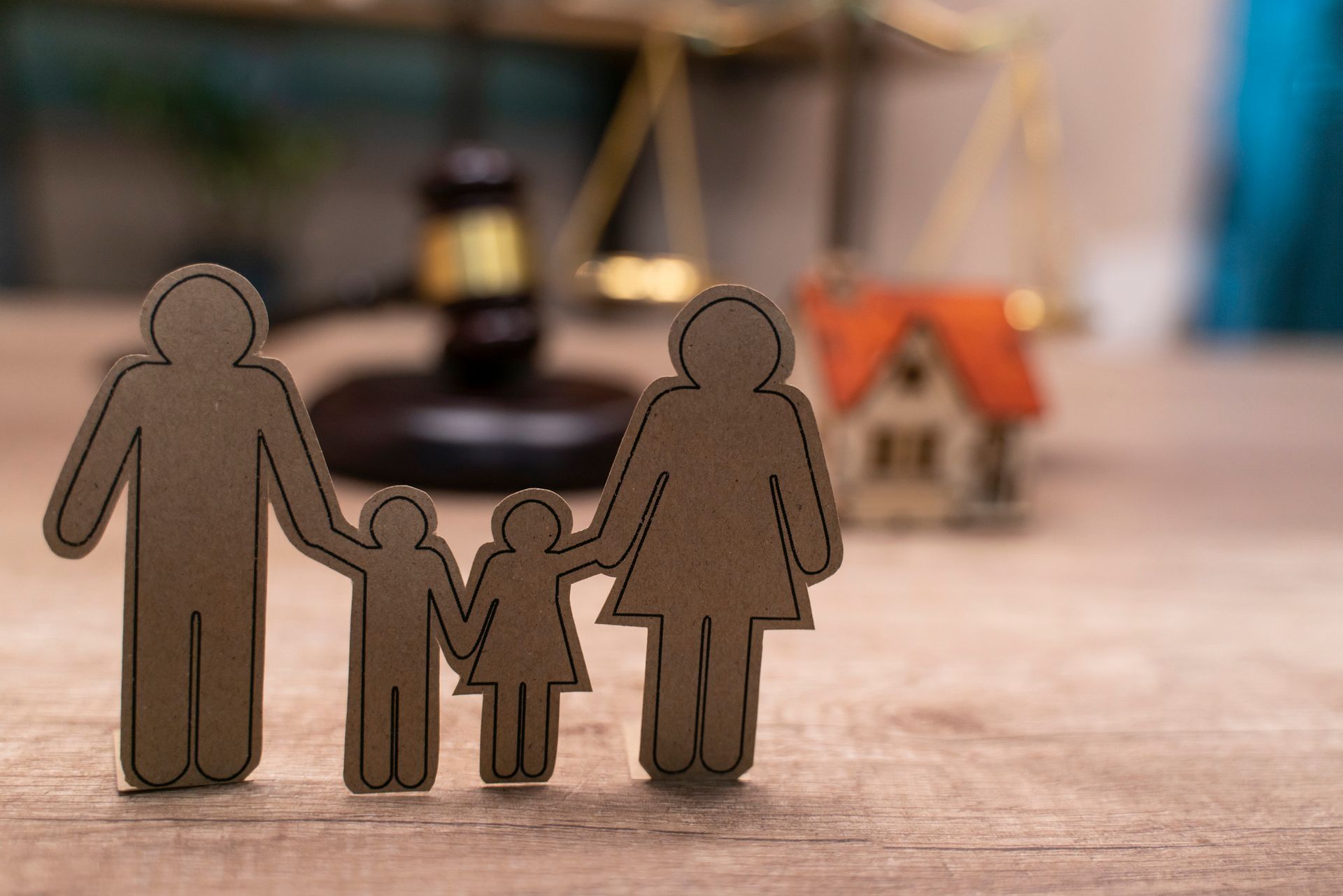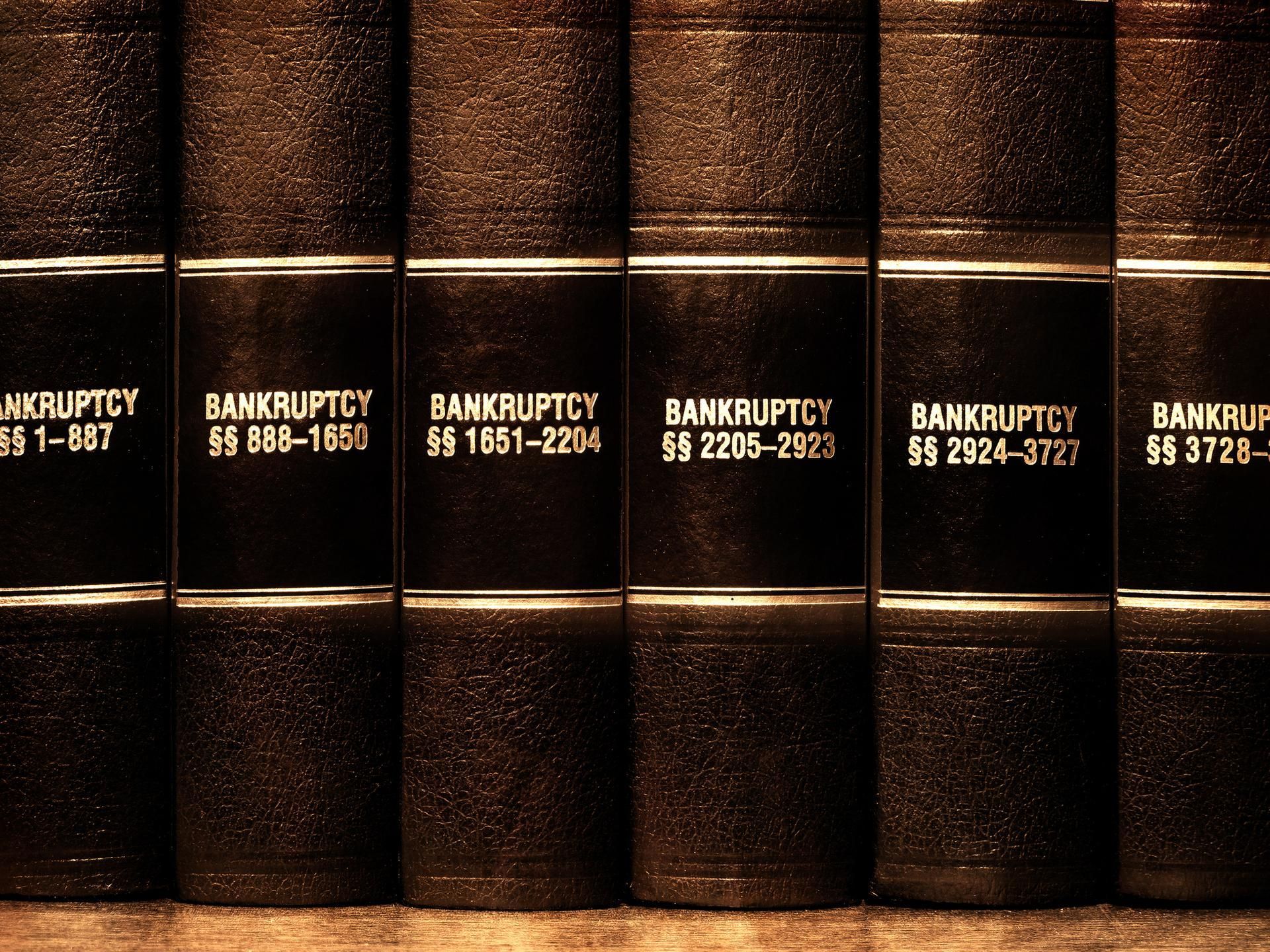Guardianship Versus Power Of Attorney: Which One Do You Need?
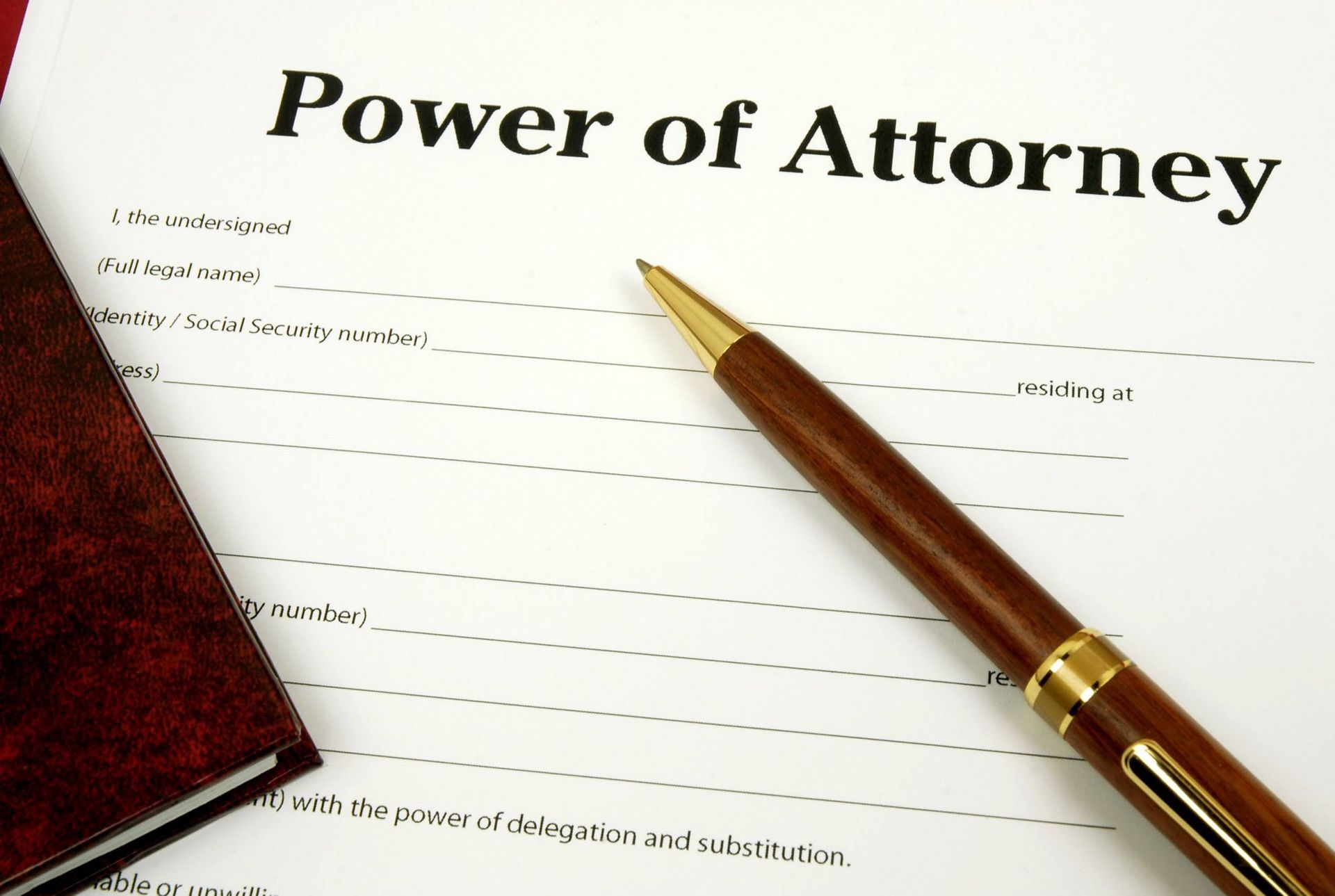
As you age and prepare for your future, you want to ensure that the right people are in place to make decisions when you no longer can.
Here are a few of the differences between a Power of Attorney and a Guardian.
What is a Power of Attorney?
A power of attorney (POA) is a powerful binding legal document authorizing your agent to make decisions for you when you are unavailable. This authority may extend to controlling your finances, filing tax returns, buying and selling property, managing benefits, and making healthcare decisions.
Many people assume that one type of POA is sufficient to accomplish every task they need, but this is not true. There are four different types of power of attorneys.
Limited POA - You design a limited POA when you need someone to act in your stead for a limited time or for specific transactions. The document will typically include the dates and times when the POA stops and starts.
For example, a limited POA may be appropriate if you are in the military and are heading for two weeks of annual training during the same time you are closing on your home. You can create a limited POA and appoint an agent to sign your closing documents.
General POA - A general POA assigns all your powers and rights to an agent when you do not have the ability, desire, or time to handle your financial matters. A general POA is good as long as you are alive and are not incapacitated.
For example, a general POA may be appropriate if you are in the military and will be unavailable out of the country for an extended time.
Durable POA - While a general POA is not effective while you are incapacitated, a durable POA gives the agent the same powers but continues even while you are incapacitated. This factor makes a durable POA the most powerful POA option.
For example, if you have a stroke and cannot make decisions, your general POA would not be valid while you are incapacitated mentally, but a durable POA would allow your agent to continue to make your medical decisions.
Springing POA - A springing POA is a lesser known version of a durable POA. It gives the agent the same rights and powers but only goes into effect when you become incapacitated.
Because a springing POA requires a declaration of incapacitation, you must ensure you define precisely what incapacitated means for you. In some states, the document must outline who will decide your competency.
What is Guardianship?
If you do not have a POA and become incapacitated, you may find yourself as a ward in need of a guardian. A guardian is a person or agency the court appoints to make decisions doe you & to manage your affairs.
The court will authorize your guardian to make legal, financial, and health care decisions. If you can make decisions in some areas but not others, the court can appoint limited guardianship. In these cases, your guardian would only be able to make decisions in the areas where you need help.
Most of the time, due to your incapacitation at the time guardianship is needed, someone else requests the appointment of a guardian, and an attorney files a petition & the case goes to court.
At the hearing, the court will determine if guardianship is needed and who to appoint as guardian if so. Ideally this would be your:
- Spouse
- Family members
- Friends
- Neighbors
- Co-worker
If no appropriate person is vying for guardianship, the court may appoint a state agency as your guardian.
Knollmeyer Law Office, PA, would like to help you create a power of attorney that outlines your needs. Give us a call today for an appointment so we can help you get a POA in place.
